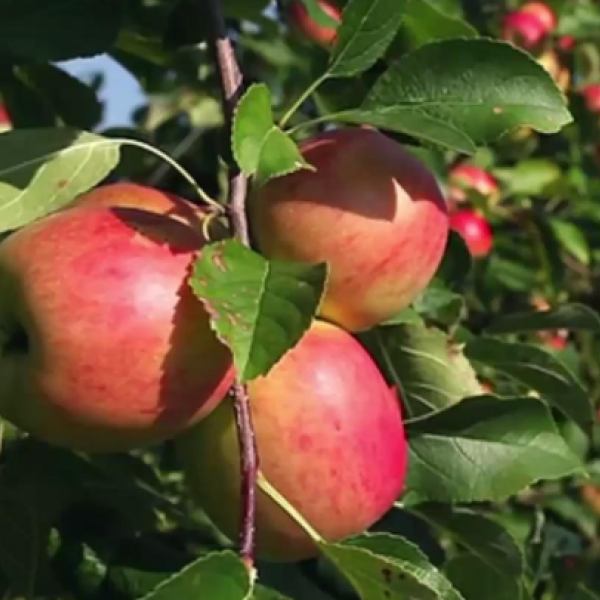Projects ranging from a soil-swimming robot that can sense conditions in the root zone in real time to computational models that can predict produce spoilage received seed funds from the Cornell Initiative for Digital Agriculture’s new Research Innovation Fund.
Eight interdisciplinary teams of researchers – from the College of Agriculture and Life Sciences, the College of Arts and Sciences, the College of Engineering, Computing and Information Science, Cornell Tech and the College of Veterinary Medicine (CVM) – will receive three-year awards of up to $225,000. To apply, teams needed to include Cornell faculty members from at least two colleges, ensuring cross-campus collaboration.
“These research projects represent the exciting potential of digital tools, such as computational models, robotic systems, artificial intelligence and the ‘internet of things,’ to transform agriculture at every step of the food-production process,” said Susan McCouch, Ph.D. ’90, the Barbara McClintock Professor of Plant Breeding and Genetics and the director of the Cornell Initiative for Digital Agriculture (CIDA). “Interdisciplinary collaborations like these will push the frontiers of science to increase the productivity and sustainability of agriculture, and to foster a pipeline of discovery and practical innovations.”
A multidisciplinary group of nearly three dozen faculty members, chaired by Renata Ivanek, associate professor in the Department of Population Medicine and Diagnostic Sciences in CVM, selected the eight projects from 31 proposals. Funding for the awards comes from the CIDA Research Innovation Fund and the U.S. Department of Agriculture Hatch Act program.
Projects that include CIS faculty:
Accelerated and automated stress diagnostics in apple orchards: Awais Khan, associate professor in SIPS at Cornell AgriTech; Serge Belongie, professor of computer science at Cornell Tech; and Noah Snavely, associate professor of computer science at Cornell Tech. Combining expertise in plant pathology, phenotyping and computer vision, the team will create expert-annotated disease datasets for apples, lead a global challenge competition to find novel solutions for disease classification and quantification, develop computer vision models to accurately distinguish between the symptoms of many diseases, and develop user-friendly apps to support apple growers.
Function-targeted high-resolution phenotyping platform to deduce genetics-functions relationships in rhizomicrobiome for promoting plant nutrients utilization: April Gu, professor of civil and environmental engineering; Jenny Kao-Kniffin, associate professor in SIPS; and Kilian Weinberger, associate professor of computer science. The researchers will develop an innovative phenotyping-genotyping technology platform that will enable them to build a world-class agricultural phenotyping facility at Cornell, in order to discover and profile new microorganisms that are beneficial to crops.



